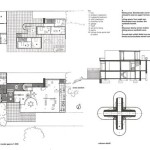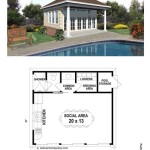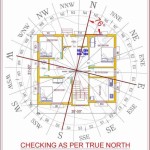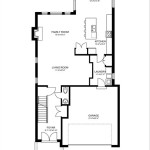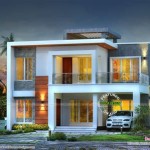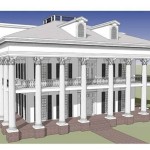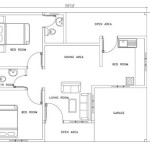Essential Aspects of Commercial Greenhouse Design Plans
Greenhouses are controlled environments that provide optimal conditions for growing plants. They are used to extend the growing season, protect plants from pests and diseases, and improve crop yields. Commercial greenhouses are designed to meet the specific needs of the crops being grown and the climate in which they are located.
When designing a commercial greenhouse, there are several essential aspects to consider:
1. Location
The location of the greenhouse is important for several reasons. It should be in an area with plenty of sunlight, good drainage, and access to water. The greenhouse should also be protected from strong winds and hail.
2. Size and Shape
The size and shape of the greenhouse will depend on the type of crops being grown and the amount of space available. The greenhouse should be large enough to accommodate the plants and provide adequate ventilation.
3. Ventilation
Ventilation is essential for controlling the temperature and humidity inside the greenhouse. The greenhouse should have a system that allows for air to circulate freely. This can be done with fans, vents, or louvers.
4. Heating and Cooling
The greenhouse must be heated and cooled to maintain the desired temperature for the plants. The heating system should be able to maintain the temperature even on the coldest nights. The cooling system should be able to lower the temperature on hot days.
5. Lighting
Plants need light to grow. The greenhouse should have a lighting system that provides the right amount of light for the plants. The lighting system should be energy-efficient and provide the right spectrum of light for the plants.
6. Irrigation
The greenhouse must have an irrigation system that provides the plants with the water they need. The irrigation system should be efficient and deliver the water to the plants evenly.
7. Pest Control
The greenhouse should be designed to minimize the risk of pests and diseases. The greenhouse should be sealed to prevent pests from entering. The greenhouse should also be regularly inspected for pests and diseases.
By following these guidelines, you can design a commercial greenhouse that will meet the needs of the crops being grown and the climate in which they are located.

Quonset Style Greenhouse Plans Simplified Building

Greenhouse Floriculture Selecting And Building A Commercial Center For Agriculture Food The Environment At Umass Amherst

Greenhouse Design Engineering Plans Pse Consulting Engineers Inc

Typical Drawings Of A Venlo Type Glass Covered Greenhouse Structure Scientific Diagram

Greenhouse Design Engineering Plans Pse Consulting Engineers Inc

Greenhouse Structures Ornamental Ion

Greenhouse Floriculture Selecting And Building A Commercial Center For Agriculture Food The Environment At Umass Amherst

Commercial Greenhouse Design Greenhouses For Farming Ceres

Greenhouses Fully Custom Solar Innovations

Designing For Plants The Architecture Of Greenhouses And Their Relationship With Environment Archdaily

